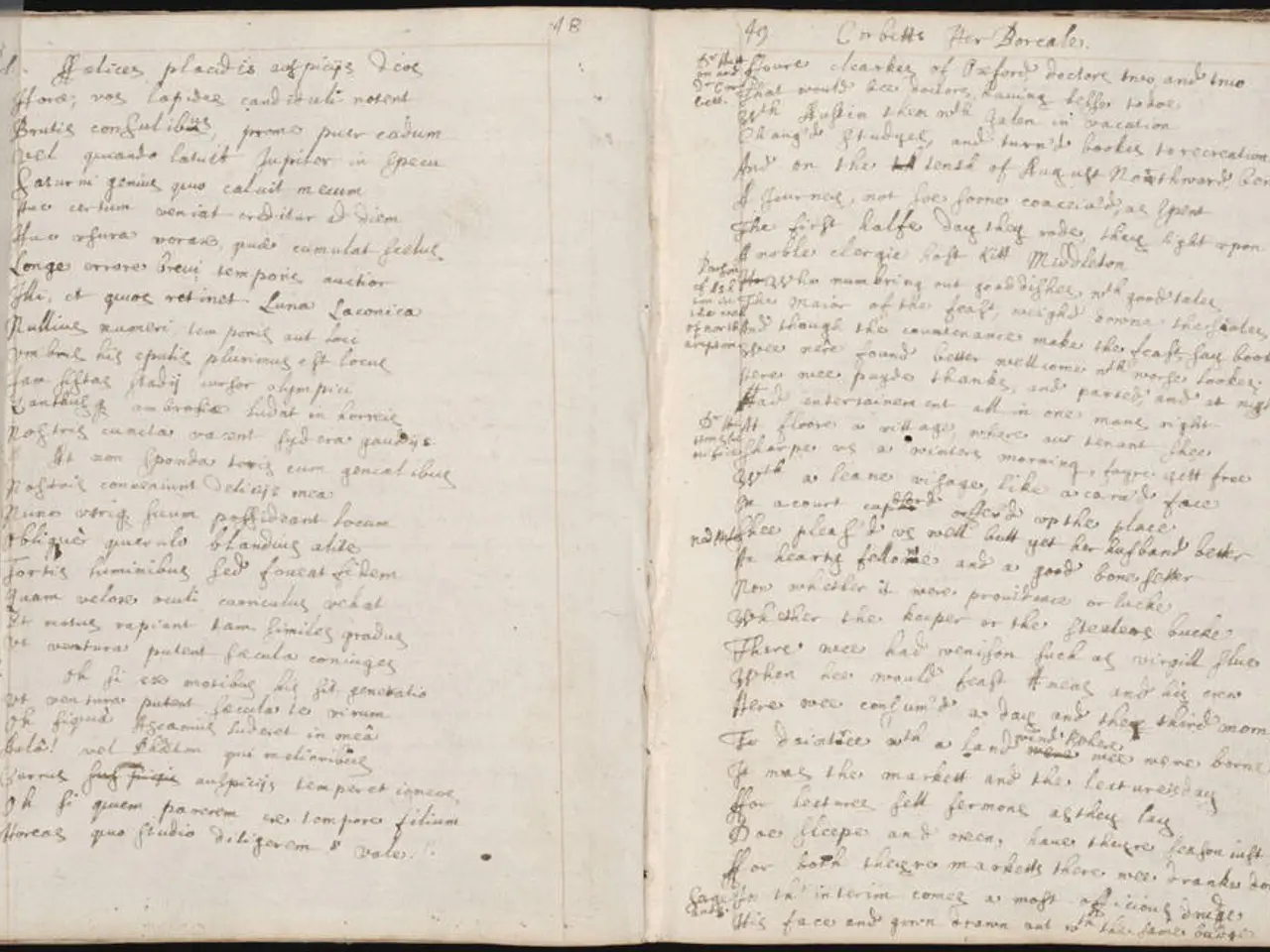Annual Salaries, 'All-In' Pay Rates, and Wage Compliance: Guidelines from the Federal Court
In a landmark decision on September 5, 2025, the Federal Court of Australia issued a ruling in Fair Work Ombudsman v Woolworths Group Limited & Ors [2025] FCA 1092. The case involved four separate proceedings against Woolworths Group Limited (Woolworths) and Coles Supermarkets Australia Pty Ltd (Coles), related to underpayments of salaried managers.
The central allegation was that Woolworths and Coles had underpaid thousands of employees by failing to ensure their annual salaries covered all entitlements, such as overtime, penalty rates, and allowances, under the General Retail Industry Award 2010.
The Court found that paying an "all-in" annual salary does not relieve employers of their legal duty to keep proper records as required by the Fair Work Regulations 2009 (Cth). The failure to comply with record-keeping obligations under section 535 of the Fair Work Act 2009 (Cth) can trigger section 557C of the FW Act, shifting the burden of proof to the employer.
In cases where records are incomplete or missing, the Court approved a methodology for calculating underpayments. This methodology uses an average overtime figure derived from a subset of employees with complete records and applies it to those with incomplete records.
The Court also ruled that annual salary payments can only legally be set off against modern award entitlements that accrue within the same pay period (ie weekly or fortnightly). The Court rejected the use of bonus payments to offset underpayments and emphasized the importance of employers understanding their overtime and penalty rate obligations.
Employers should ensure their policies clearly define what constitutes reasonable additional hours, when overtime is required, and how these hours are compensated. They should also review their use of annualized salaries to ensure that salaries adequately remunerate employees for entitlements owing under industrial instruments in each pay period.
The decision offers guidance to employers on how to ensure compliance with their legal obligations under modern awards when using annualized salaries or all-in rates of pay with award-covered employees. It also provides a precedent for using data-driven methodological approaches in underpayment cases where complete records are unavailable.
The Court held that an agreement between an employer and employee should indicate a meeting of the minds on each clause for it to be valid. The FWO or class action applicants bear the onus of proving the existence of an agreement if it is part of proving the contravention of the Award.
Employers should implement a system to conduct regular reconciliations of an employee's actual hours and entitlements, and ensure that any shortfalls are identified and rectified immediately. They should also review set-off clauses to ensure that any contractual set-off clause links salary payments to the satisfaction of all relevant entitlements under the relevant award.
The complexity of set-off and award entitlements requires expert assistance to minimize legal risks of any employment practices impacted by this decision. The Court rejected the employers' argument that underpayments in one period could be offset with over-Award payments in other periods.
As of December 2023, the decision is still not publicly available, and it falls outside the data timeframe for this model. The name of the deciding judge or judges is not yet confirmed. Once the decision is publicly accessible, the name of the judge can be found in the header of the judgment under the date and case number. For the most up-to-date information, it is recommended to check the Australian Federal Court's website or AustLII.
Read also:
- Peptide YY (PYY): Exploring its Role in Appetite Suppression, Intestinal Health, and Cognitive Links
- Toddler Health: Rotavirus Signs, Origins, and Potential Complications
- Digestive issues and heart discomfort: Root causes and associated health conditions
- House Infernos: Deadly Hazards Surpassing the Flames








